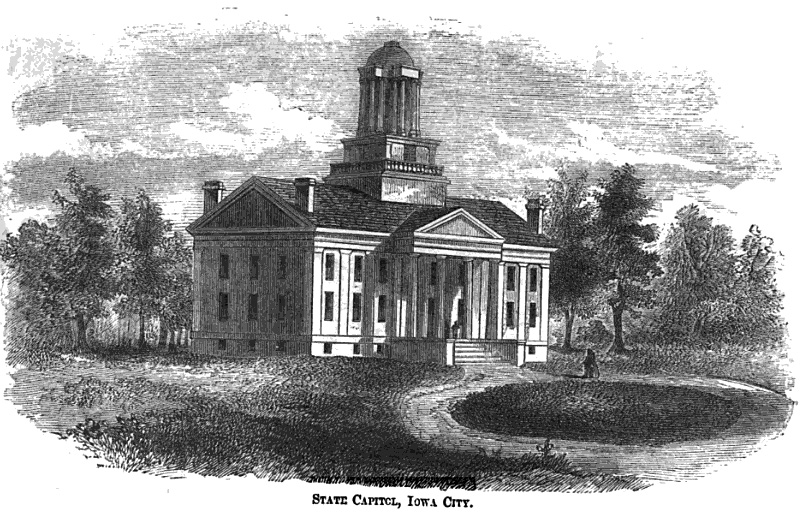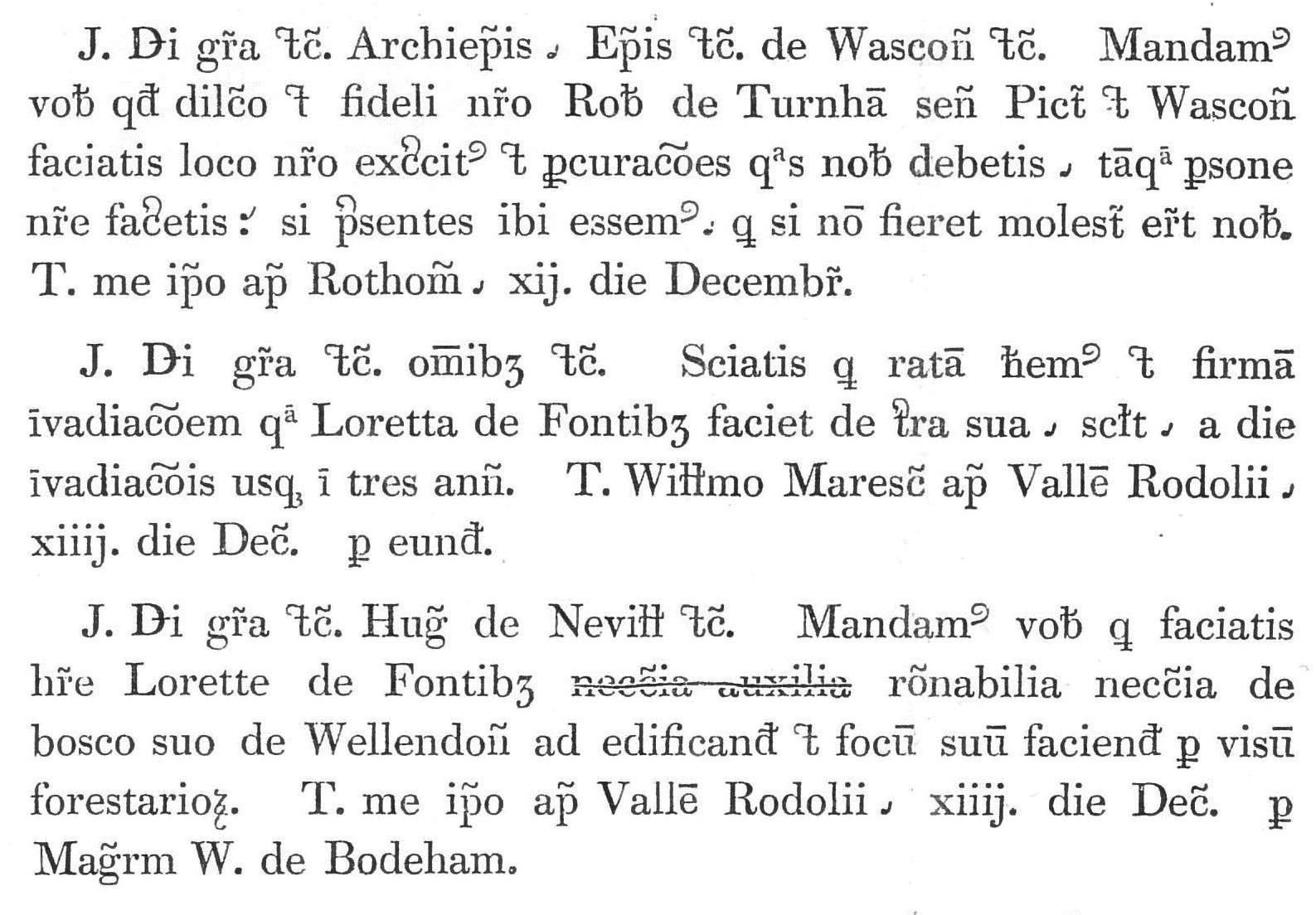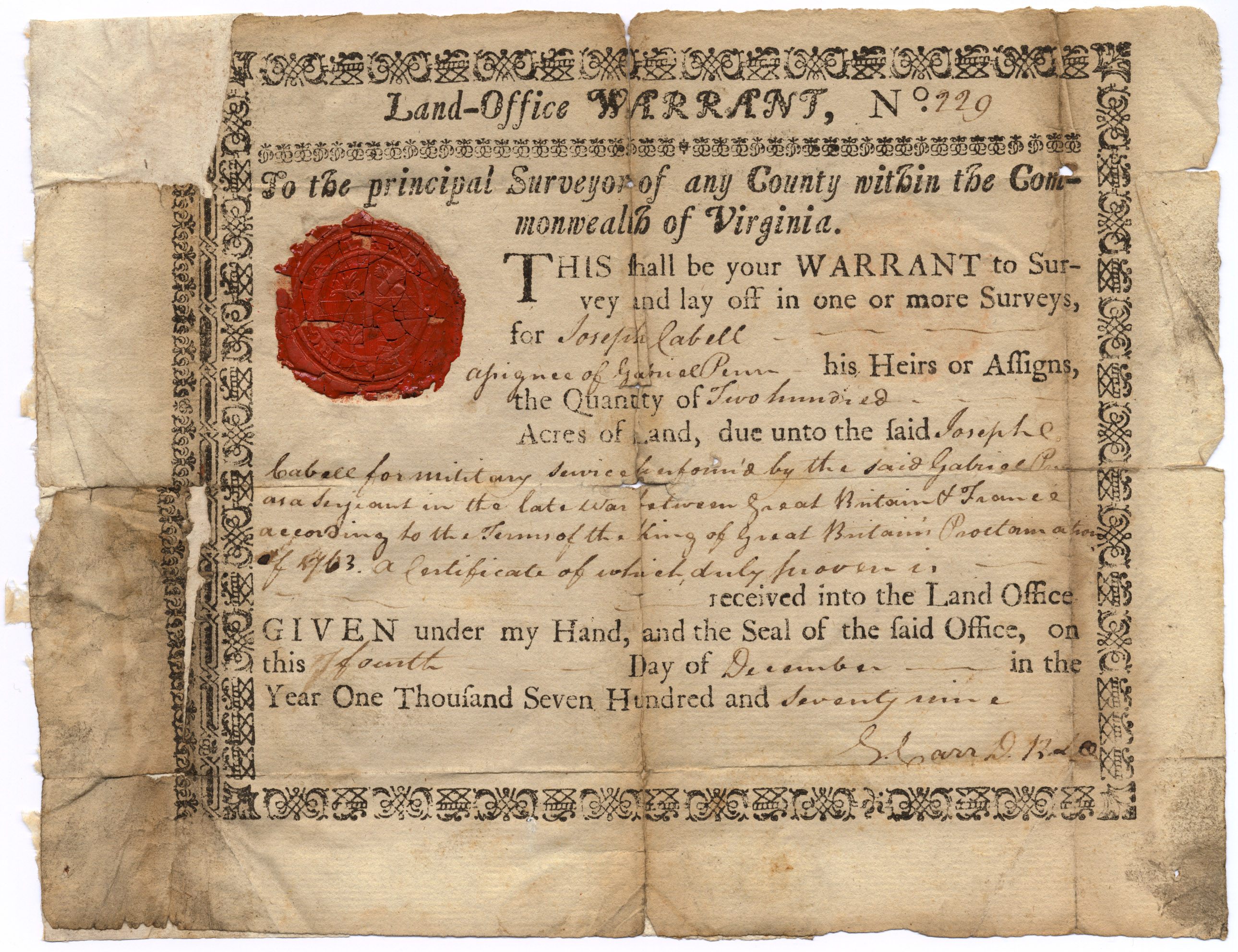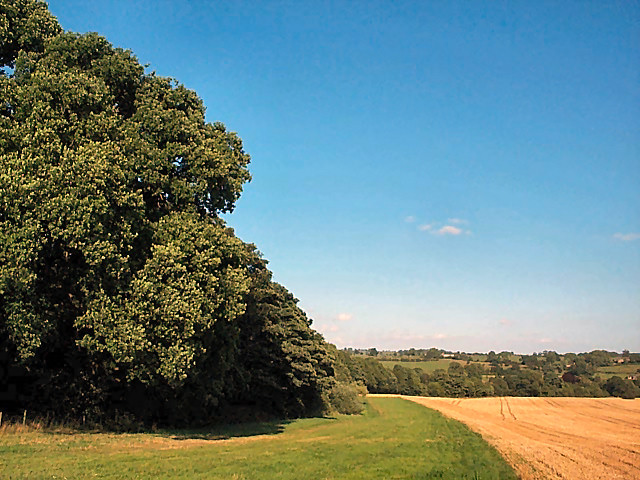|
John De Brantingham
John de Brantingham (died before 1365) was an English Christian clergyman of the early 14th century and a member of the Brantingham family. He held a prebend of Derby Cathedral, value five marks a year, and the rectory of Askeby, worth 20 marks annually.Page (1907) In June 1318, Pope John XXII empowered de Brantingham to hold, in addition to his existing posts, the rectory of Huggate in the diocese of York, worth 40 pounds per annum. Later, de Brantingham also served as vicar of Otley in Yorkshire.Cleveland (1889) Clearly a prodigious clergyman, de Brantingham appeared at the Parliament of Carlisle in 1306/1307 as a proxy for the Archdeacon of Surrey and, later, as a substitute for Henry de Tychewell, who was a proxy for the archdeaconry of Surrey. Personal life In 1325, William Melton, Archbishop of York, granted to de Brantingham, then vicar of Otley, the wardship and marriage of Agnes, daughter and heir of John Malebrank of Farnley. De Brantingham is also recorded as a wi ... [...More Info...] [...Related Items...] OR: [Wikipedia] [Google] [Baidu] |
Prebendary
A prebendary is a member of the Roman Catholic or Anglican clergy, a form of canon with a role in the administration of a cathedral or collegiate church. When attending services, prebendaries sit in particular seats, usually at the back of the choir stalls, known as prebendal stalls. History At the time of the ''Domesday Book'' in 1086, the canons and dignitaries of the cathedrals of England were supported by the produce and other profits from the cathedral estates.. In the early 12th century, the endowed prebend was developed as an institution, in possession of which a cathedral official had a fixed and independent income. This made the cathedral canons independent of the bishop, and created posts that attracted the younger sons of the nobility. Part of the endowment was retained in a common fund, known in Latin as ''communia'', which was used to provide bread and money to a canon in residence in addition to the income from his prebend. Most prebends disappeared in 1547, ... [...More Info...] [...Related Items...] OR: [Wikipedia] [Google] [Baidu] |
Vicar
A vicar (; Latin: ''vicarius'') is a representative, deputy or substitute; anyone acting "in the person of" or agent for a superior (compare "vicarious" in the sense of "at second hand"). Linguistically, ''vicar'' is cognate with the English prefix "vice", similarly meaning "deputy". The title appears in a number of Christian ecclesiastical contexts, but also as an administrative title, or title modifier, in the Roman Empire. In addition, in the Holy Roman Empire a local representative of the emperor, perhaps an archduke, might be styled "vicar". Roman Catholic Church The Pope uses the title ''Vicarius Christi'', meaning the ''vicar of Christ''. In Catholic canon law, ''a vicar is the representative of any ecclesiastic'' entity. The Romans had used the term to describe officials subordinate to the praetorian prefects. In the early Christian churches, bishops likewise had their vicars, such as the archdeacons and archpriests, and also the rural priest, the curate who had the ... [...More Info...] [...Related Items...] OR: [Wikipedia] [Google] [Baidu] |
University Of Iowa
The University of Iowa (UI, U of I, UIowa, or simply Iowa) is a public university, public research university in Iowa City, Iowa, United States. Founded in 1847, it is the oldest and largest university in the state. The University of Iowa is organized into 12 colleges offering more than 200 areas of study and seven professional degrees. On an urban 1,880-acre campus on the banks of the Iowa River, the University of Iowa is Carnegie Classification of Institutions of Higher Education, classified among "R1: Doctoral Universities – Very high research activity". In fiscal year 2021, research expenditures at Iowa totaled $818 million. The university is best known for its programs in health care, law, and the fine arts, with programs ranking among the top 25 nationally in those areas. The university was the original developer of the Master of Fine Arts degree and it operates the Iowa Writers' Workshop, which has produced 17 of the university's 46 Pulitzer Prize winners. Iowa is a mem ... [...More Info...] [...Related Items...] OR: [Wikipedia] [Google] [Baidu] |
Patent Rolls
The patent rolls (Latin: ''Rotuli litterarum patentium'') are a series of administrative records compiled in the English, British and United Kingdom Chancery, running from 1201 to the present day. Description The patent rolls comprise a register of the letters patent issued by the Crown, and sealed "open" with the Great Seal pendent, expressing the sovereign's will on a wide range of matters of public interest, including – but not restricted to – grants of official positions, lands, commissions, privileges and pardons, issued both to individuals and to corporations. The rolls were started in the reign of King John, under the Chancellorship of Hubert Walter. The texts of letters patent were copied onto sheets of parchment, which were stitched together (head-to-tail) into long rolls to form a roll for each year. As the volume of business grew, it became necessary to compile more than one roll for each year. The most solemn grants of lands and privileges were issued, not as l ... [...More Info...] [...Related Items...] OR: [Wikipedia] [Google] [Baidu] |
The National Archives (United Kingdom)
, type = Non-ministerial department , seal = , nativename = , logo = Logo_of_The_National_Archives_of_the_United_Kingdom.svg , logo_width = 150px , logo_caption = , formed = , preceding1 = , dissolved = , superseding = , jurisdiction = England and Wales, HM Government , headquarters = Kew, Richmond, Greater London TW9 4DU , region_code = GB , coordinates = , employees = 679 , budget = £43.9 million (2009–2010) , minister1_name = Michelle Donelan , minister1_pfo = Secretary of State for Digital, Culture, Media and Sport , minister2_name = TBC , minister2_pfo = Parliamentary Under Secretary of State , chief1_name = Jeff James , chief1_position = Chief Executive and Keeper of the Public Records , chief2_name = , chief2_position = , chief3_name = , chief3_position = , chief4_name = , chief4_position = , chief5_name = , chief5_position = , agency_type = , chief6_name = , chief6_position = , chief7_name = , chief7_position = ... [...More Info...] [...Related Items...] OR: [Wikipedia] [Google] [Baidu] |
Shilling (English Coin)
The English shilling was a silver coin of the Kingdom of England, when first introduced known as the testoon. A shilling was worth twelve pence, and there were 20 shillings to the pound sterling. The English shilling was introduced in the 16th century and remained in circulation until it became the British shilling as the result of the Union of England and Scotland to form the Kingdom of Great Britain in 1707. Name The word ''shilling'' comes from the Old English scilling' (meaning to separate), an accounting term dating back to Anglo-Saxon times, to mean a 20th of a pound, although there was no specific coin of that value. A common misconception is that the word is a Norse loanword into English; however, it can be found in English laws many years before Norse incursions into Britain, for example the Law of Æthelberht, of Kent. History Testoon In the Kingdom of England, during the reign of Henry VII, the forerunner of the shilling, the testoon, was introduced. This coin was ... [...More Info...] [...Related Items...] OR: [Wikipedia] [Google] [Baidu] |
Sileby
Sileby is a former industrial village and civil parish in the Soar Valley in Leicestershire, between Leicester and Loughborough. Nearby villages include Barrow upon Soar, Mountsorrel, Ratcliffe-on-the-Wreake, Seagrave and Cossington. The population of the civil parish at the 2011 census was 7,835. The origins of the village date back to around 840 AD when the area was settled by the Danes - Leicestershire forming part of the Danelaw along with other counties in the vicinity. The name Sileby may in fact come from the Danish name 'Sighulf'. The village lies at the bottom of an ancient valley created by the nearby River Soar, meaning that surrounding farmland is particularly prone to flooding during persistent or heavy rain. History Traditionally, Sileby was split into two wards, separated by the brook that flows through the middle of the village. These are St Mary's to the north and St Gregory's to the south. Recently however, due to Boundary Commission changes, a third ward of ... [...More Info...] [...Related Items...] OR: [Wikipedia] [Google] [Baidu] |
Land Grant
A land grant is a gift of real estate—land or its use privileges—made by a government or other authority as an incentive, means of enabling works, or as a reward for services to an individual, especially in return for military service. Grants of land are also awarded to individuals and companies as incentives to develop unused land in relatively unpopulated countries; the process of awarding land grants are not limited to the countries named below. The United States historically gave out numerous land grants as Homesteads to individuals desiring to prove a farm. The American Industrial Revolution was guided by many supportive acts of legislatures (for example, the Main Line of Public Works legislation of 1826) promoting commerce or transportation infrastructure development by private companies, such as the Cumberland Road turnpike, the Lehigh Canal, the Schuylkill Canal and the many railroads that tied the young United States together. Ancient Rome Roman soldiers were given pe ... [...More Info...] [...Related Items...] OR: [Wikipedia] [Google] [Baidu] |
Farnley, North Yorkshire
Farnley is a village and civil parish in the Harrogate district of North Yorkshire, England, near Otley, West Yorkshire. The name "Farnley" indicates that the village was first established in an area heavy with ferns. It is mentioned in the 1086 Domesday Book as ''Fernelai'' and ''Fernelie''. To the south of the village lies Farnley Hall, a stately home built by John Carr. The house has a rich history, being associated with names such as Fairfax, Cromwell, and Turner. A selection of Turner's works from the Farnley Hall collection were sold in 1890 for £25,000.''Yorkshire Rivers: The Washburn'', by Tom Bradley (published 1895, reprinted 1988, Old Hall Press.) The primary school in Farnley is occasionally used as a location for filming the soap opera ''Emmerdale ''Emmerdale'' (known as ''Emmerdale Farm'' until 1989) is a British soap opera that is broadcast on ITV1. The show is set in Emmerdale (known as Beckindale until 1994), a fictional village in the Yorkshire ... [...More Info...] [...Related Items...] OR: [Wikipedia] [Google] [Baidu] |
Ward (law)
In law, a ward is a minor or incapacitated adult placed under the protection of a legal guardian or government entity, such as a court. Such a person may be referenced as a "ward of the court". Overview The wardship jurisdiction is an ancient jurisdiction derived from the British Crown's duty as ''parens patriae'' ("parent of the nation") to protect his or her subjects, and particularly those unable to look after themselves. In the United Kingdom and other Commonwealth realms, the Monarch as ''parens patriae'' is parent for all the children in their realms, who, if a judge so determines, can become wards of court. However, the House of Lords, in the case of ''Re F (Mental Patient: Sterilisation)'', held that the Queen has no ''parens patriae'' jurisdiction with regard to mentally disabled adults. A court may take responsibility for the legal protection of an incapacitated person as well a minor, and the ward is known as a ward of the court or a ward of the state. In Australia, N ... [...More Info...] [...Related Items...] OR: [Wikipedia] [Google] [Baidu] |
Archbishop Of York
The archbishop of York is a senior bishop in the Church of England, second only to the archbishop of Canterbury. The archbishop is the diocesan bishop of the Diocese of York and the metropolitan bishop of the province of York, which covers the northern regions of England (north of the Trent) as well as the Isle of Man. The archbishop's throne ('' cathedra'') is in York Minster in central York and the official residence is Bishopthorpe Palace in the village of Bishopthorpe outside York. The current archbishop is Stephen Cottrell, since the confirmation of his election on 9 July 2020. History Roman There was a bishop in Eboracum (Roman York) from very early times; during the Middle Ages, it was thought to have been one of the dioceses established by the legendary King Lucius. Bishops of York are known to have been present at the councils of Arles (Eborius) and Nicaea (unnamed). However, this early Christian community was later destroyed by the pagan Anglo-Saxons and ... [...More Info...] [...Related Items...] OR: [Wikipedia] [Google] [Baidu] |
William Melton
William Melton (died 5 April 1340) was the 43rd Archbishop of York (1317–1340). Life Melton was the son of Nicholas of Melton, and the brother of Henry de Melton, and John Melton. He was born in Melton in the parish of Welton, about nine miles from Kingston upon Hull. He was a contemporary of John Hotham, Chancellor of England and Bishop of Ely. The two prelates were often associated in public matters and were the most powerful churchmen of their period in England. Melton was Controller of the Wardrobe at the accession of Edward II in 1307 and was a pluralist through and through at the time of his elevation to the see of York. Among other things, he was also Archdeacon of Barnstaple and Provost of Beverley. He was Lord Privy Seal from 1307 to about 1312, having been Dean of St. Martin's-le-Grand at that time also.Fryde, et al. ''Handbook of British Chronology'' p. 93 He was promoted to Keeper of the Household Wardrobe from 1314 to 1316. He was elected by the cha ... [...More Info...] [...Related Items...] OR: [Wikipedia] [Google] [Baidu] |







